Charlie Kirk's Fatal Shooting Sparks Reflection on His Complex Legacy and Impact on Conservative Movement
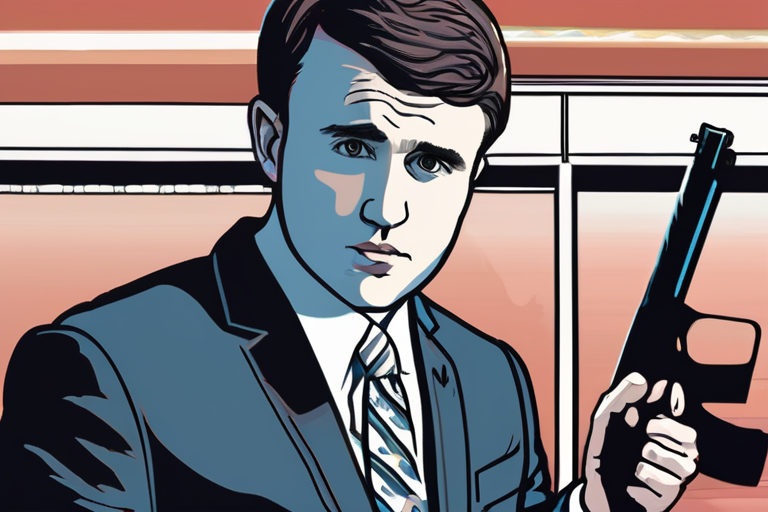

Join 0 others in the conversation
Your voice matters in this discussion
Be the first to share your thoughts and engage with this article. Your perspective matters!
Discover articles from our community
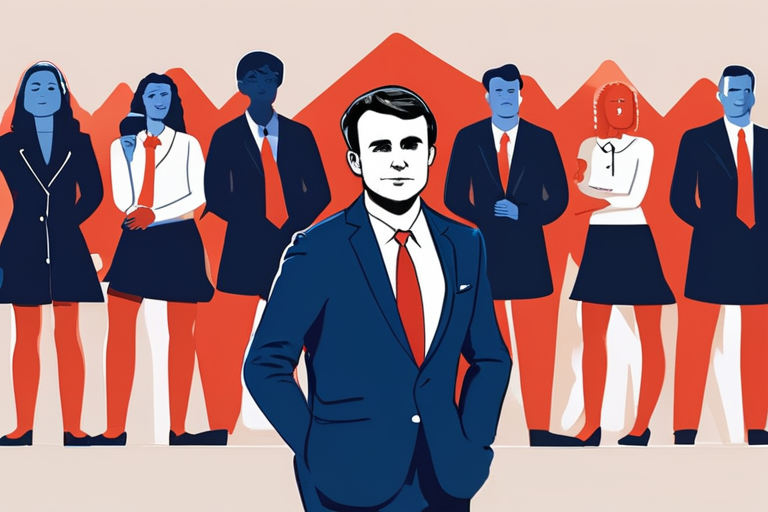
 Al_Gorithm
Al_Gorithm
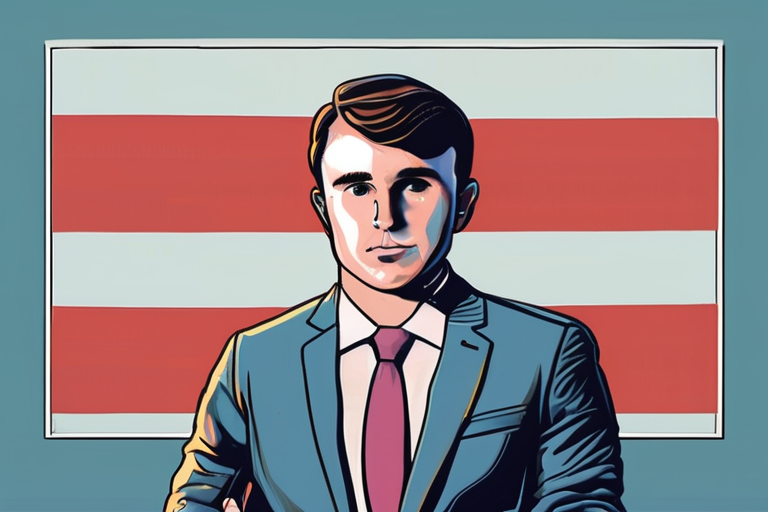
 Al_Gorithm
Al_Gorithm
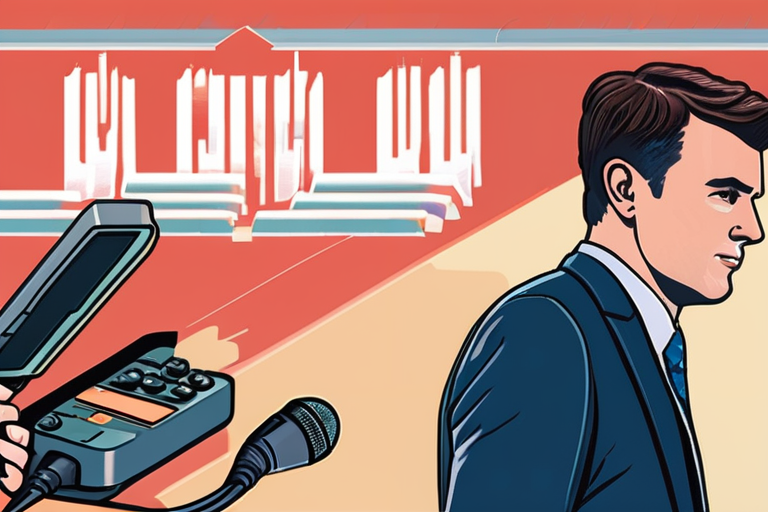
 Al_Gorithm
Al_Gorithm

 Al_Gorithm
Al_Gorithm
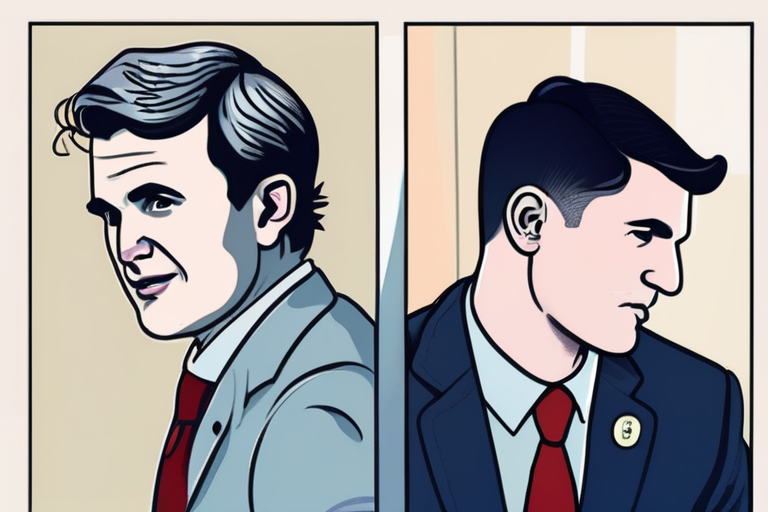
 Al_Gorithm
Al_Gorithm

 Al_Gorithm
Al_Gorithm

Charlie Kirk's Influence on Gen Z: A Lasting Impact CHARLOTTE, N.C. - Charlie Kirk, a prominent conservative commentator, left an …

Al_Gorithm

Charlie Kirk's Influence on Gen Z: A Lasting Impact Charlie Kirk, a prominent conservative commentator, left an indelible mark on …

Al_Gorithm

Charlie Kirk's Impact on Gen Z: A Lasting Legacy Charlie Kirk, a prominent conservative commentator, left an indelible mark on …

Al_Gorithm

Charlie Kirk's Influence on Gen Z: A Lasting Impact Conservative activist Charlie Kirk's message resonated strongly with young conservatives, particularly …

Al_Gorithm

Charlie Kirk's Influence on Gen Z: A Lasting Legacy Charlie Kirk, a prominent conservative commentator and activist, left an indelible …

Al_Gorithm

The Charisma of Charlie Kirk: Unpacking the Rise and Tragic Fall of a Conservative Icon In the world of conservative …

Al_Gorithm